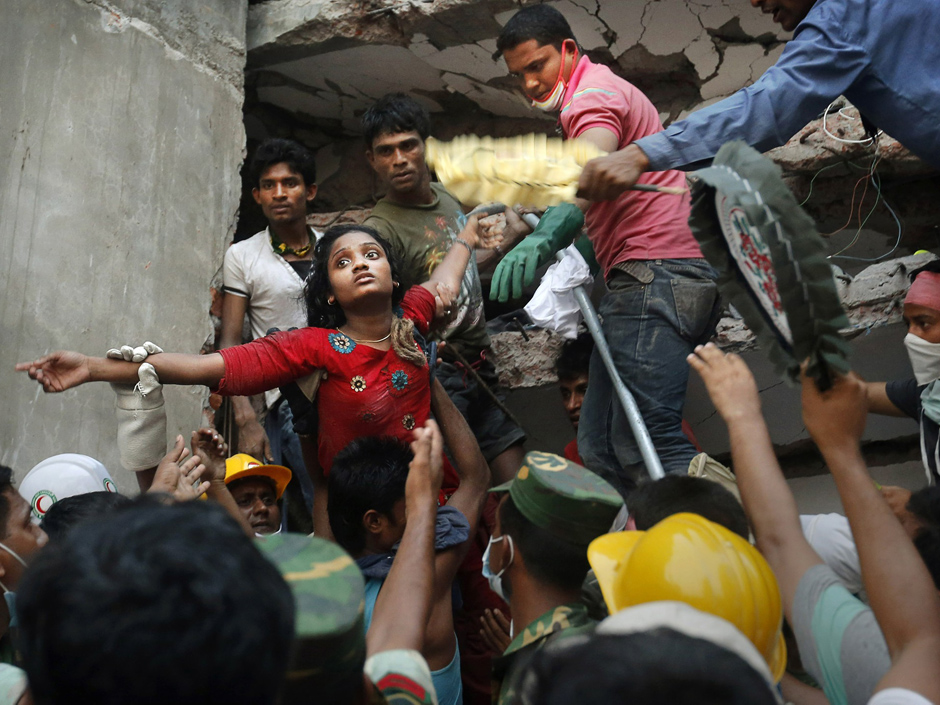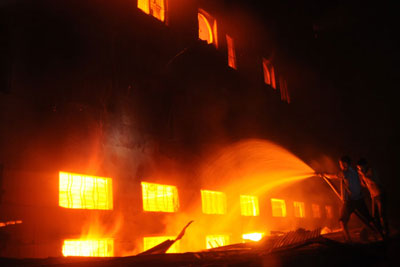Blacklisting — the union-busters’ war on the working class
Evidence that blacklisting is alive and kicking in the construction industry abounds. John Kelly, after working for three years in Runcorn as a rigger for Interserve Industrial Services, was sacked in April 2014.
When the construction team he was working on transferred to another job in Capenhurst, construction manager Trevor Collins saw to it that Kelly was blacked from the new project, with no explanation.
However, Kelly knew exactly why Collins had fired him, and after a long battle he managed to convince a Liverpool employment tribunal that he was right.
In furtherance of a union-busting campaign, Collins had waged a hate campaign on social media against what he called ‘Scousers’, with their “Scouse hard luck stories” (presumably referring to workers’ irritating habit of resisting crap conditions and pointing out workplace hazards). Admiring email responses from Collins’s kindred spirits described him as “the big man up there, sorting out them Scousers”.
Kelly, sickened to read his boss’s endless poisonous drivel on Facebook about Liverpudlian “shirkers and thieves”, finally took out a complaint against Collins. Surprise, surprise: this complaint was soon followed by Kelly getting the sack.
After lengthy wrangling, this was recognised by the tribunal, which ruled that Kelly, “a good worker with considerable experience”, was blacked from the Capenhurst site because he was a Unite rep. The judge concluded that “Trevor Collins did not want the claimant (an employee representative for Unite and activist) working on the Capenhurst project under his management. He was motivated by the claimant’s membership of Unite and his known activities in that capacity.”
John Kelly only won his case thanks to his own grit and determination (Scouse or otherwise). As he says, “I was a quite active steward and didn’t want them to get away with it. Other people just back down but I’m not that type of person – I believe in my rights.”
The reality is that cases like Kelly’s are the rule, not the exception, and most such cases just sink without trace. Blacklisting is not a scandal of the past, but mainstream union-busting practice in the here and now. (All above quotes from ‘Union rep blacklisted after complaining about manager’s anti-Scouse jibes on Facebook wins employment tribunal’, Liverpool Echo, 4 May 2015)
Nor is blacklisting confined to the building sector. It has now been revealed, as long suspected, that the blacklisting outfit exposed and closed down in 2009, the so-called ‘Consulting Association’, not only kept secret files on over 3,200 unwitting construction workers, but also spread its reach to include teachers, posties and firemen.
Dave Smith, doughty campaigner against the blacklist and co-author of a recent book on the subject, was doubtless right to tell delegates at the recent Communications Workers Union conference that “People in this hall will definitely have been spied on by undercover police”. (‘Postal staff urged to find out if they were included on blacklist’, Guardian, 26 April 2015)
Struggling for safety at Sellafield
The one ‘offence’ guaranteed to get union members blacklisted fastest is the ‘crime’ of drawing attention to unsafe practices in the workplace.
In no industry are health and safety issues more grave than in the nuclear industry. Yet, astoundingly, construction workers at the nuclear power plant in Sellafield (Cumbria) are being denied the right even to have a full-time Unite rep responsible for health and safety issues at the plant.
The National Audit Office recently bemoaned the fact that the estimated cost of decommissioning and cleaning up the heavily-polluted Sellafield nuclear site has jumped from £48bn to £53bn as the enormity of the task became apparent – and this estimated total for the 120-year job is expected to keep climbing.
The cowboy outfit hired in 2008 by the Nuclear Decommissioning Authority (NDA) to implement the clean-up – Nuclear Management Partners – was sacked for incompetence … yet received £430,000 of public money for breach of contract! Now ‘control’ is supposedly back in the hands of the NDA itself.
None of this spectacle of feckless private interests scrambling to secure lucrative public contracts (contracts to clean up the god-awful mess left by a previous generation of monopoly-capitalist shysters) inspires any great confidence in Sellafield as a safe place to work.
Indeed, it is described by the National Audit Office as the “UK’s largest and most hazardous nuclear site”, including as it does two nuclear fuel reprocessing plants, storage plants, ponds and silos containing radioactive material dating back to the inception of the nuclear industry.
Not only is the site used to store nuclear material from across the country; it was also the host of a facility that secretly produced nuclear materials for Britain’s Cold War arms programme, and which was finally demolished in 2014. (‘Cost of nuclear clean up at Sellafield increased an extra £5bn in the past year’, Chronicle Live, 15 March 2015)
The refusal by Sellafield Contractor Group Ltd to allow a full-time union shop steward and unhindered operation of the site’s health and safety committee was therefore greeted with justifiable rage by the 1,200 plus Unite members, 98 percent of whom have voted in support of industrial action. (‘Sellafield workers back strike action’, unitetheunion.org, 16 April 2015)
Doubtless, if and when a health and safety rep wins recognition, he will enjoy pride of place on every blacklisting database in the land.
Resisting victimisation
Members of the public services union PCS have engaged in a series of strikes against the privatisation of 400 visitor service jobs at the National Gallery in London.
Twenty-two sporadic strike days culminated in a strike and rally on May Day. As well as fighting against the privatisation plans, staff are also acting against the victimisation of a local rep, who was suspended just before the first strike in February. (‘No privatisation at the national gallery’, pcs.org.uk)
Another victimised union rep was supported in a protest by the RMT, also on May Day.
Sodexo, the giant international outsourcing company, brags on its website that “Our employees personify our values and are our greatest asset. Their talent, skills and commitment have made us the leader in delivery of Quality of Life services.”
This does not square with the experience of Petrit Mihaj. After contributing his ‘talent and skills’ to Sodexo’s catering services for ten years as part of the company’s London Underground operation, Mihaj found himself up on disciplinary charges then dismissal. His crime? Running a campaign to improve the ‘quality of life’ of his fellow workers by getting them unionised. (‘Support Petrit Mihaj’, rmtlondoncalling.org.uk, 23 April 2015)
Despite the RMT winning the case at tribunal, proving that Mihaj had been unfairly dismissed for his union activities, Sodexo refused to reinstate or re-engage him.
This union-busting pattern is repeated in the United States.
The massive food distribution corporation Sysco, following on from years of eroding the pay and conditions of its workforce, is now trying to impose so-called ‘incentive programmes’ for its Michigan drivers and warehouse employees. In reality, these programmes are simply ways to target and fire workers for minor infractions.
Needless to say, first in the line of fire is anyone daring to organise for a union. FightBack! News quoted one bemused young trucker as saying: “You know the funny thing is they never told me why I was fired. We all know why: for organising!”
Over 160 drivers and warehouse workers are now demanding that Sysco recognise their affiliation to the Teamsters Union. (‘Michigan truck drivers, warehouse workers rally for union at Sysco’, FightBack! News, 30 April 2015)
Workers in Michigan are up against not only the might of Sysco and the like, but also special state-enforced union-bashing ‘Right-to-Work’ laws.
Yet the reality is that the very scale of monopoly-capitalist exploiters like Sysco, and the complexity of the division of labour, renders these companies’ operations ever more vulnerable to targeted industrial action by workers.
Sysco supplies food to hotels, restaurants, hospitals, Michigan State University and numerous other large institutions. The potential for effective industrial action is just waiting to be realised.



